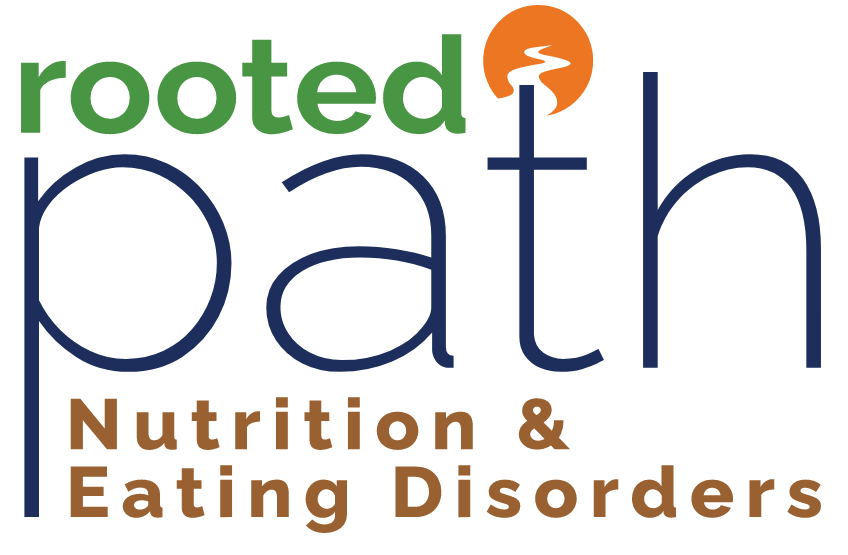Areas Of Focus
Anorexia Nervosa
Bulimia Nervosa
Binge Eating Disorder
Avoidant Restrictive Food Intake Disorder
Other Specified Feeding & Eating Disorder
Orthorexia Nervosa
Compulsive Exercise
Disordered Eating
Body Image Disturbance
Co-Occurring Conditions
We specialize in supporting individuals with diagnosed eating disorders and those with disordered eating patterns.
We also specialize in common medical issues that occur as a result of eating disorders.
We recognize the seriousness of eating disorders and believe they deserve attention and treatment. If left untreated, these behaviors pose significant risks to an individual’s mental and physical health including:
Malnutrition
Poor immune function
Electrolyte imbalances
Heart issues such as low heart rate, heart palpitations, and heart failure
Bone loss and osteoporosis
Gastrointestinal issues such as gastroparesis, acid reflux, and pancreatitis
Hormonal imbalances and amenorrhea (loss of menses)
Mental health issues like depression and anxiety
Early intervention and comprehensive treatment are crucial to prevent and address these potentially severe consequences.
Recent Articles
Supporting Digestive Health with Florasophy Soluble Fiber
We are excited to spotlight our favorite fiber: Florasophy! The holiday season is often filled with richer meals, travel, eating out, and celebrations, all of which can disrupt even the most robust and healthy of microbiomes. Florasophy is a soluble fiber supplement...
Mindful Eating Mini-Guide: Holiday Edition
The holiday season can be a swirl of joy, stress, nostalgia, family dynamics, travel, and endless trays of snacks. It’s a time when routines shift, emotions surface, and eating can feel complicated. Whether you’re recovering from an eating disorder, navigating...
How to Navigate Negative Self-talk During the Holidays
The holiday season can be a time that sparks joy, celebration and connection —but for many people, it also brings a surge of body-image distress and unease around eating. Between family gatherings, food-centered traditions, social events, and loved ones discussing...



